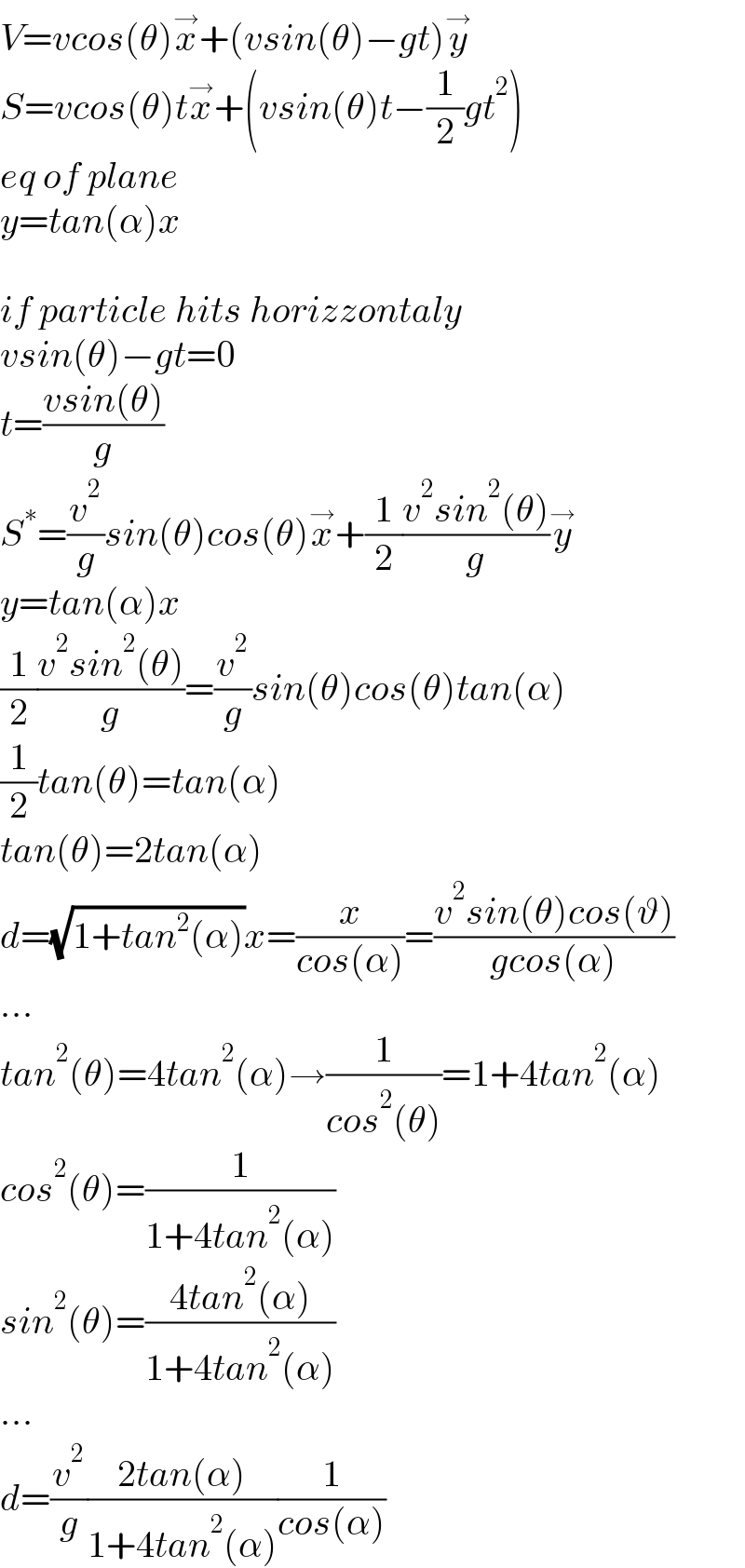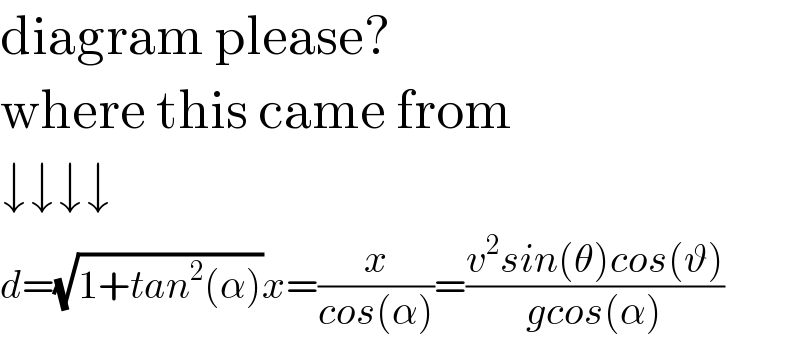
Question and Answers Forum
Question Number 182874 by peter frank last updated on 15/Dec/22

Answered by TheSupreme last updated on 16/Dec/22

Commented by peter frank last updated on 17/Dec/22

Commented by peter frank last updated on 31/Dec/22

| ||
Question and Answers Forum | ||
Question Number 182874 by peter frank last updated on 15/Dec/22 | ||
 | ||
Answered by TheSupreme last updated on 16/Dec/22 | ||
 | ||
| ||
Commented by peter frank last updated on 17/Dec/22 | ||
 | ||
Commented by peter frank last updated on 31/Dec/22 | ||
 | ||